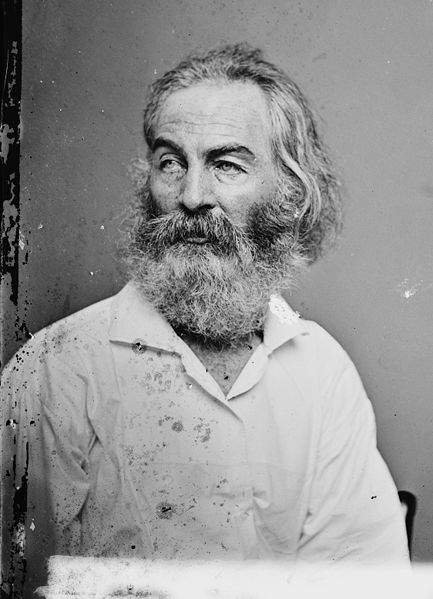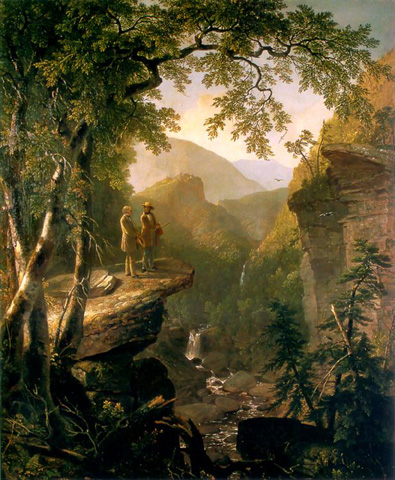The importance of Black Elk’s vision is that it provides a perspective from outside of the modern era that can lend itself towards its transcendence. Another such perspective can be gleaned by revisiting an ancient argument, or difference, between poetry and philosophy (i.e., mythos and logos) as cited by Socrates in Plato’s Republic.
The modern era has exalted the notion of detached reason. It’s common to hear, “let’s set aside our emotions and address this reasonably.” But this is a false sentiment as neuroscientists have demonstrated that the ability to reason is inseparable from emotion. Rather, we should be attempting to promote the positive emotion that lends itself to greater integrity of reason.
The modern era has also demoted the notion of the myth. It’s common to hear , “That’s just a myth,” to be dismissive of something as untrue. A more accurate and working definition of myth we'll use here is as follows: the stories a society tells about itself. Rather being dismissive, we should ask how the mythos relates to the dynamics of our human nature; or how does the mythos enable or impair our ability to confront the truth.
The Promised Land Project weighs in on this “ancient argument” on the side of poetry while striving to provide a resolution to this ancient argument. More than art, poetry can be about the truth. Coming from this angle, the project can lend itself towards culturally transformative change at a time when incremental change is proving insufficient to meet challenges that have appeared on the horizon.
Subscribe to:
Post Comments (Atom)














No comments:
Post a Comment